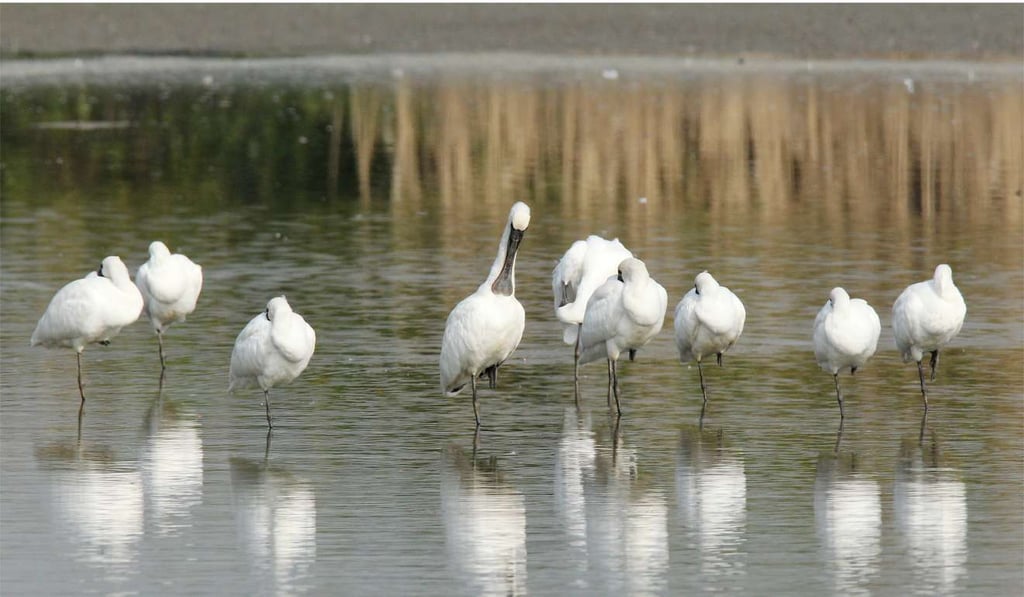As attacks on climate science intensify, we must all work hard to protect our living planet
Martin Williams says the environmental movement’s apparent loss of momentum under the sway of money and politics should worry us, for human survival is at stake

Growing up in the 1970s, I loved the outdoors and wildlife, and was highly impressed by the environmental movement, which to me seemed brimming with energy and optimism. “Save the Whale” was a rallying cry, as activists clashed with hunters, leading to a ban on commercial whaling in 1982. Other issues like acid rain and the ozone hole became prominent, and likewise spurred action to reduce the damage. To me, it was a given that environmental awareness would grow.

Also, environmentalism has become subject to a concerted counter-attack, sponsored by big business. This employs effective messaging such as suggesting science on the issue is far from settled, perhaps even wrong.
Sea ice around Antarctica shrinks to record low, preliminary US data show
The attack on climate science has been especially fierce, underwritten by fossil-fuel companies, including ExxonMobil. Yet, as early as 1977, Exxon (yet to merge with Mobil) was aware of the issue, with an internal report warning that human-caused emissions could raise global temperatures and result in serious consequences. It started research programmes and created computer models on the effects of greenhouse gas emissions. Publicly, however, Exxon cast doubt on the science.